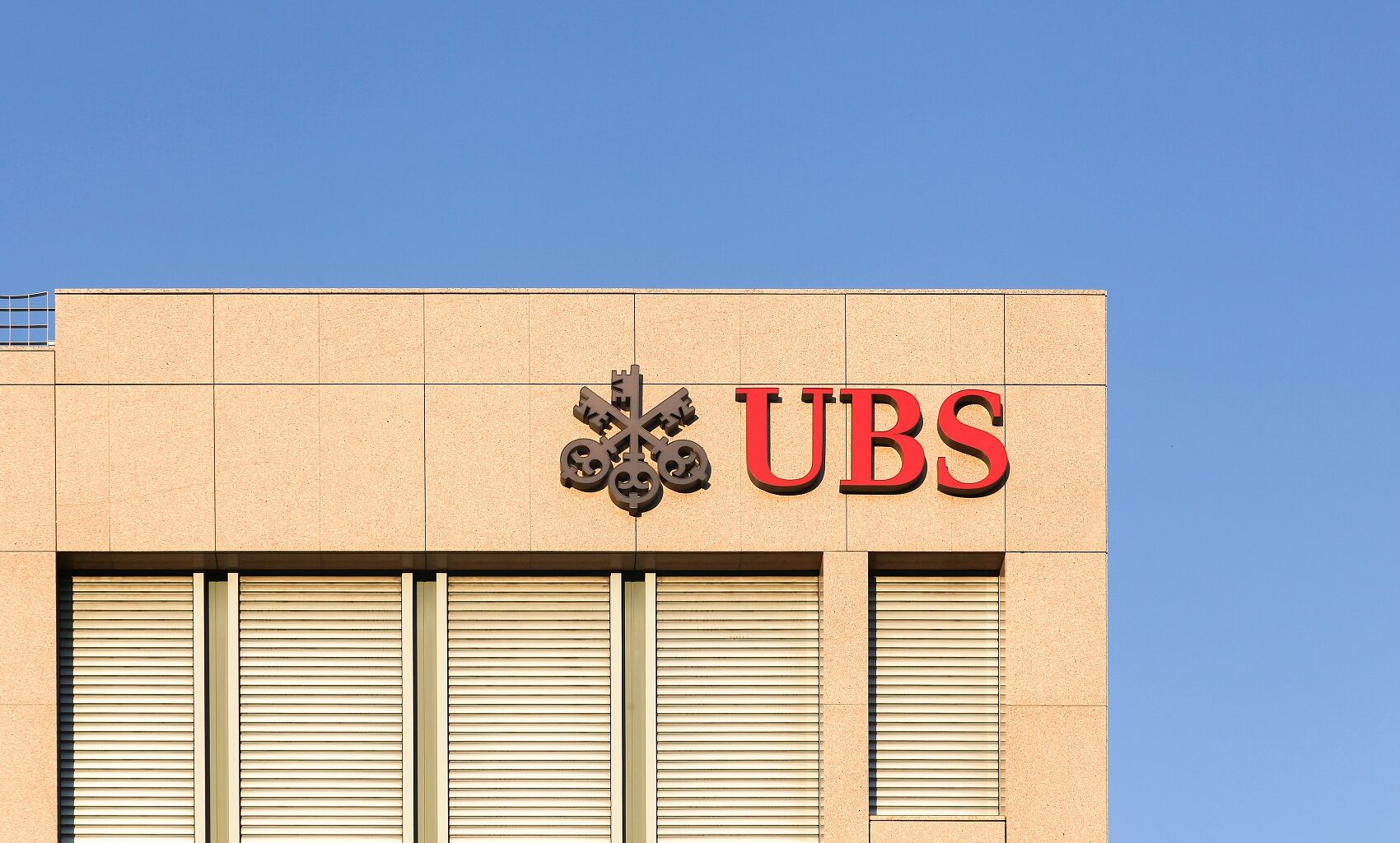FX168 Financial News (Asia Pacific) News UBS Group CEO Sergio Ermotti said that the impact of global tariffs on the US economy and inflation is still unclear, making it more difficult to predict the future of the Federal Reserve’s policy.
In an interview with Bloomberg TV Hong Kong on Thursday (September 11), he said, “In the US, we still believe growth will exist, but the issue of inflation and how it affects the central bank’s policies is still unknown.”
Although the market generally expects the Federal Reserve to cut interest rates at the September 16-17 meeting, investors’ predictions about the pace of policy adjustments have changed since then.
 “The real problem with tariffs will be reflected in consumers,” said Ermotti, 65. In the US, we need to see exactly whether tariffs will have an inflationary effect. I don’t think it’s clear right now.”
“The real problem with tariffs will be reflected in consumers,” said Ermotti, 65. In the US, we need to see exactly whether tariffs will have an inflationary effect. I don’t think it’s clear right now.”
Ermotti also said that the global economy is being split into two parts — one driven by technology and artificial intelligence, and the other more traditional. This differentiation is showing up in areas such as the booming initial public offering market in Hong Kong.
“Overall, there is constructive momentum,” he said. But the conclusion is yet to be determined, because the complexity is not only about the economy, but also about the very complex geopolitical environment.”
According to Bloomberg last month, the Swiss Franc Ministry of Economy is seeking advice from UBS Group to improve the trade agreement with the US. The Trump administration imposes a 39% tariff on Swiss Franc exports to the US. This is the highest tariff rate among developed countries, and poses a major threat to businesses and the economy.
UBS Group may play a role in helping the government deal with tariff issues, helping to enhance its position in the relationship with the Swiss Franc authorities. Previously, the relationship between the two sides was strained due to UBS Group’s opposition to the proposed capital rules.
Ermotti called these capital plans “too harsh” and called Swiss Franc’s bank regulation debate a “huge distraction.”
Swiss Franc proposed a plan to strengthen bank capital rules after Credit Suisse went out of business in 2023 and was merged into UBS Group. The government estimates that this move could increase UBS Group’s capital requirements by up to $26 billion.
“The current requirements are very punitive and excessive, so we have to consider how to protect the interests of Shareholder and stakeholders,” Ermotti said.
The controversy raised questions about whether UBS Group would limit growth or even move its headquarters. Ermotti reiterated that the bank had no intention of reducing Business and wanted to continue operating in Swiss Franc.
He said, “It’s hard for me to imagine a successful global Institutions that is very close to its customers, strong and resilient in terms of capital, yet has a Global Strategy of downsizing and succeeding in the future. So we’re very focused on maintaining our global presence.”
He also added that UBS Group is focusing on completing the integration with Credit Suisse, including migrating customer Account in Swiss Franc, a process that will be completed next year.

